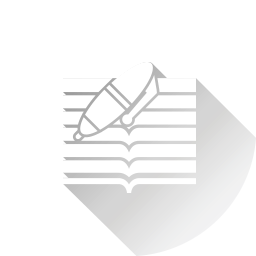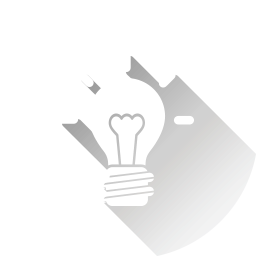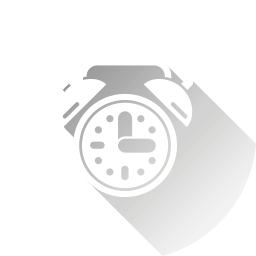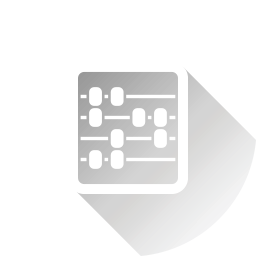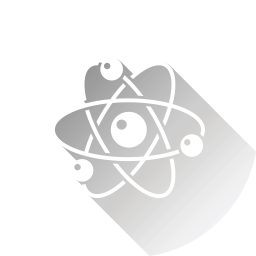Chat with our team to learn how we help students stay on task and improve their self-monitoring and follow-through skills.
BOOK A FREE CONSULTATION!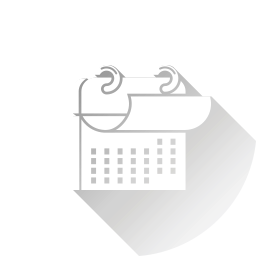
Self-Monitoring & Follow‑Through
Tools for learning. Skills for life.
Self-monitoring helps students stay on track with homework and long-term assignments.
Self-monitoring and follow-through have serious implications for academic success. Students who have executive function deficits frequently struggle with monitoring themselves and their work. They aren’t always able to set a goal and display effort towards completing it. They may stop mid-way through a task and do not finish. They may turn in incomplete homework or hastily completed work, or they may not hand it in at all. And students who struggle with follow-through often don’t check their work to catch silly mistakes and to ensure they completed the assignment correctly and in full.
Self-monitoring Skills
Self-monitoring skills are especially important for students to master as most other elements of executive function incorporate self-monitoring in order to be successful. Planning isn’t helpful if a student isn’t able to check their progress against the plan and realize when they are getting off track. An organizational system can fall apart if a student doesn’t notice when materials are out of place and the system needs maintenance. A schedule can’t make time management easier if the student isn’t monitoring how their time is being spent.
Practicing a Self-monitoring Routine with Executive Function Coaching
There are many ways that students can learn to monitor themselves better. Engaging Minds executive function coaches work in concert with students to incorporate self-monitoring strategies into their schedule and planning so self-checking can become a practiced step in their academic process. Our instructors pause and reflect on progress and completed work to ensure students have checked their work and are delivering their best effort. Going one step further, our executive function coaches explicitly name strategies so students gain self-awareness about the tools they’re employing. Over time, practicing a self-monitoring routine helps students become more independent and do more thorough, thoughtful, and complete work.

